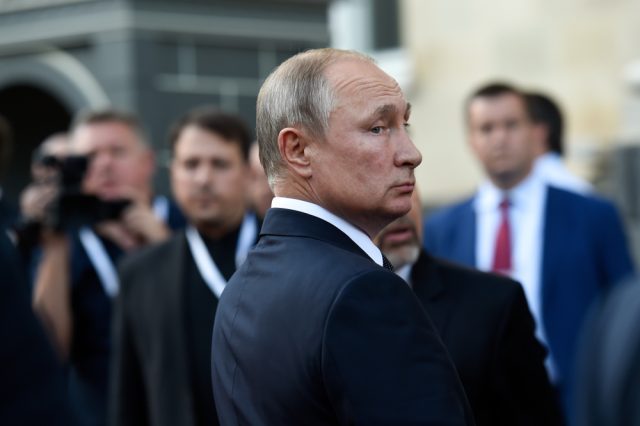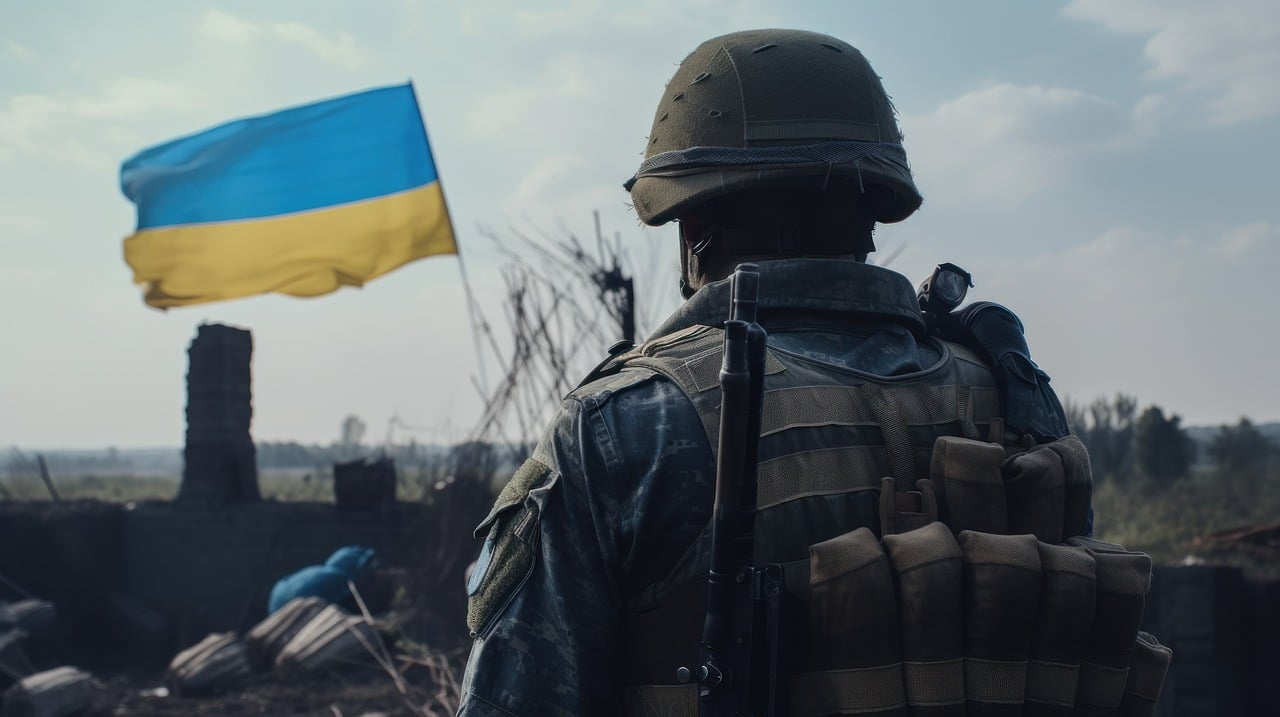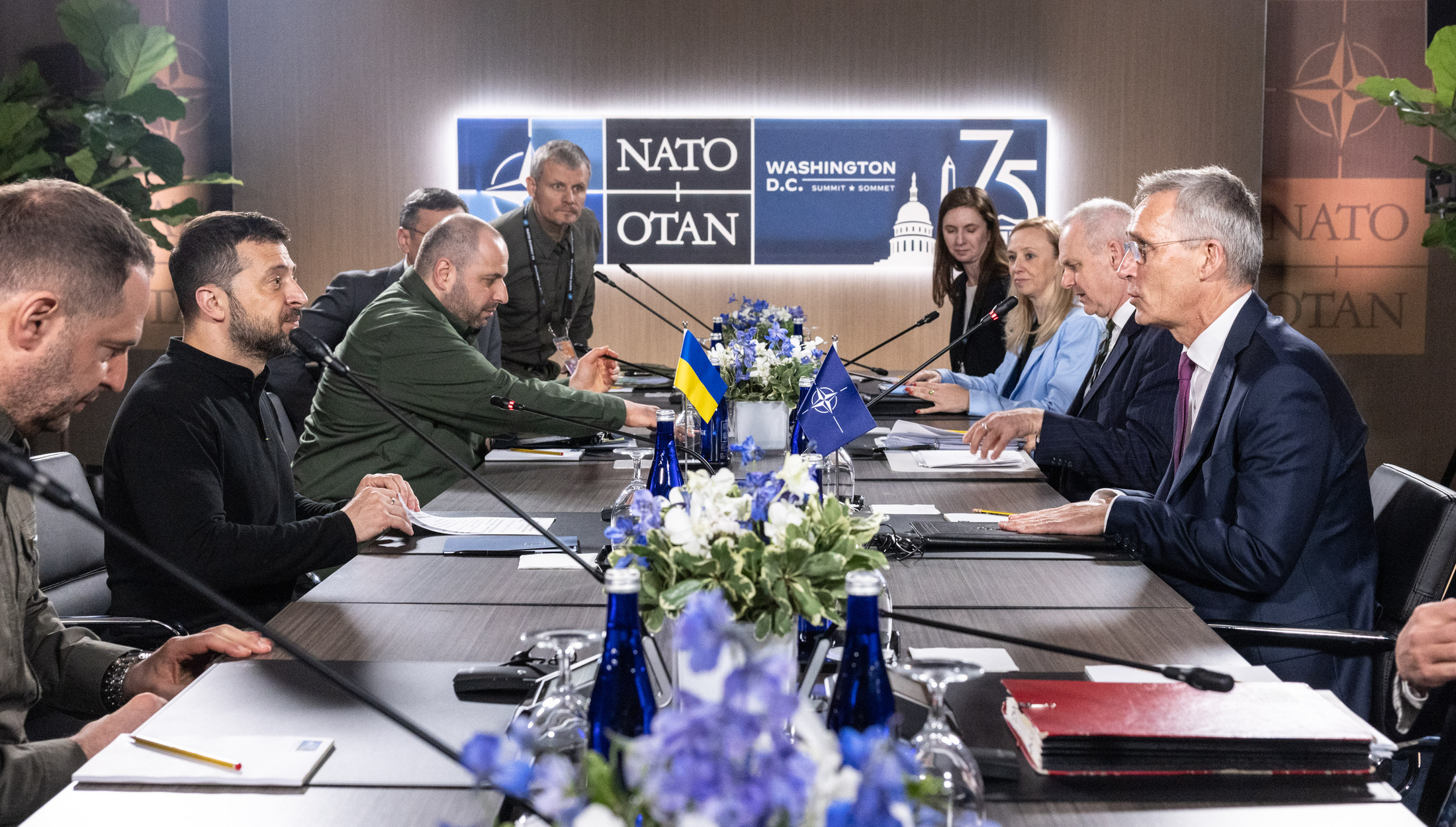
The role of China and Western powers
It has been exactly two years since the start of military operations in Eastern Europe. Over the past few months, there have been numerous significant Ukrainian offensives that have taken place on Russian territory, coupled with ongoing and persistent diplomatic initiatives by Western allies.
The latest and most consequential development was the Ukrainian assault in the Russian region of Kursk. Ukrainian military forces launched a significant offensive on Russian territory starting from August 8, prompting a shift in Ukraine’s strategic approach as it decided to take the war to Russian territory.
President Zelensky, in his statements regarding the attack on Kursk, said he was satisfied with how his troops are advancing on enemy territory, thanks also to the use of military drones that have hit several air bases, including those in Belgorod and Lipetsk.
At least five people have died and 37 others have been injured in the Russian region of Belgorod in a Ukrainian attack, according to the governor of the oblast, who accused Kiev of using cluster bombs. Meanwhile, Ukraine has reported 6 deaths and 59 injuries in Kharkiv.
The Kiev administration reported that Ukrainian air defense forces successfully intercepted and destroyed Russian drones that were approaching the capital during the night. This development was emphasized by Estonian Defense Minister Hanno Pevkur (ER, Renew Europe) and Lithuanian Laurynas Kasciunas (TS-LKD, European Populare Party), who both underscored the importance of the European Union’s ongoing military assistance to Kiev until the resolution of the conflict.
 After Ukraine’s offensive, Russia quickly responded. President Putin labeled the Ukrainian attack as a “large-scale provocation” and declared an anti-terrorism regime. Russian forces continued their counteroffensive, carrying out a raid on August 28 at the Sapphire Hotel in Kramators’k, where British journalist Ryan Evans was reportedly involved. Russian Foreign Ministry spokeswoman Maria Zakharova claimed that Evans was an agent of the British secret service MI6, but the veracity of these claims is yet to be confirmed.
After Ukraine’s offensive, Russia quickly responded. President Putin labeled the Ukrainian attack as a “large-scale provocation” and declared an anti-terrorism regime. Russian forces continued their counteroffensive, carrying out a raid on August 28 at the Sapphire Hotel in Kramators’k, where British journalist Ryan Evans was reportedly involved. Russian Foreign Ministry spokeswoman Maria Zakharova claimed that Evans was an agent of the British secret service MI6, but the veracity of these claims is yet to be confirmed.
From a diplomatic point of view, Zelensky has received the endorsement of the European Union and the United States, which have allocated another 125 million to support the Ukrainian army, while NATO has implemented air support by providing the first F-16s. International support is crucial in the conflict: the West has imposed severe sanctions on Russia in an attempt to weaken the country economically and influence its decision-making capacity.
The Ukrainian attack in the Kursk region has raised many questions about the position of governments such as the Chinese one: President Xi Jinping has officially declared that he wants to maintain a neutral position without openly siding with either side. The government has however declared its intent to promote a peaceful solution to the conflict: last May, China and Brazil, governed by Lula who is very close to Xi and Putin’s positions, presented the so-called “six-point consensus”, to bring both sides to the negotiating table.
The conflict between Russia and Ukraine appears to persist with no clear resolution in sight. Despite the ongoing tension, CIA Director William Burns has called upon the US Congress to approve an additional military aid package aimed at bolstering support for Ukrainian forces. Burns emphasized Ukraine’s capacity for resilience with international backing, as he highlighted the importance of supporting the country in the midst of the crisis. This ongoing Russian-Ukrainian crisis remains a significant source of global tension, carrying far-reaching implications for international stability.

Major global powers have adopted varying stances in response to the conflict in Ukraine. The US and NATO have been vocal in their support for Ukraine, while China has officially maintained a position of neutrality. However, China has been supporting Russia economically and has also expressed a willingness to act as a potential mediator in the conflict. The war has resulted in significant human and material losses, leading to heightened concerns about nuclear security and global economic stability. Despite diplomatic efforts, a peaceful resolution appears elusive, creating a climate of uncertainty and instability on the world stage.



 Subscribe
Subscribe